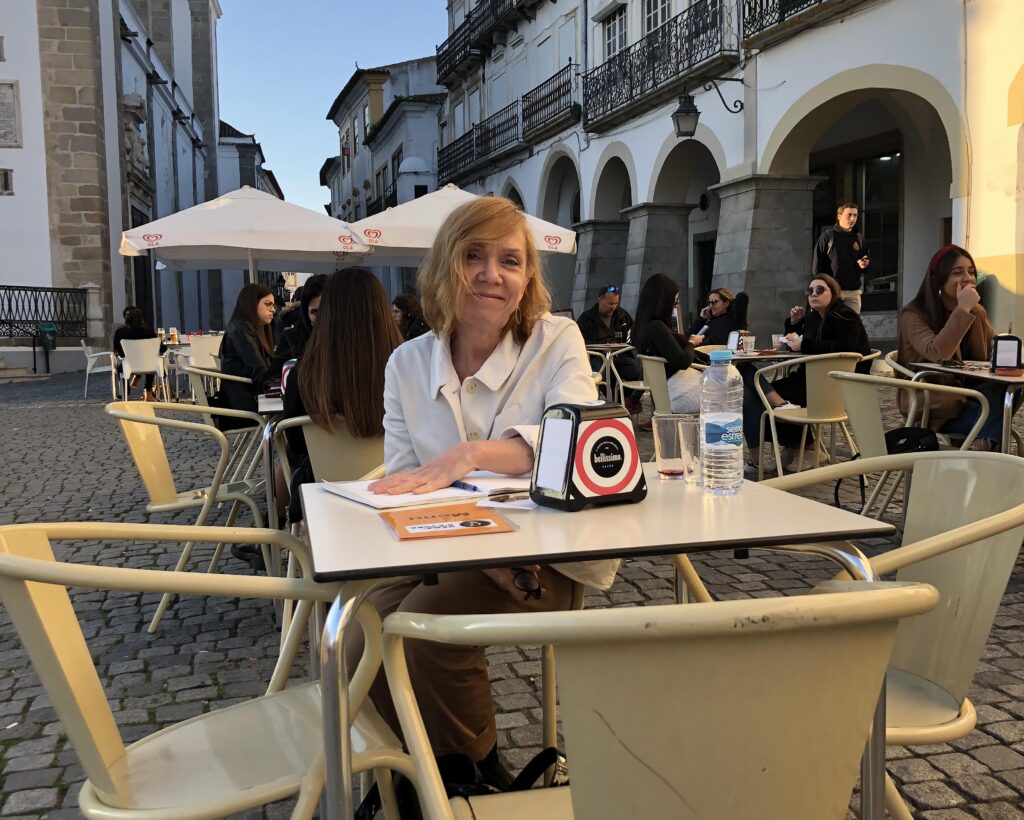
I did not exactly plan to have a working vacation during Freelancing February. I’d booked this trip to Portugal last year, long before I knew that I’d be up to my elbows in the Regional Brand project (it’s a new initiative that we’re launching in the fall — more about that soon!). I also didn’t know at that time that I’d be traveling alone (I’d had the trip planned with a friend). I was tempted to cancel. I’d never taken a major trip by myself, let alone a two-week excursion to a foreign country. But here’s what I thought about:
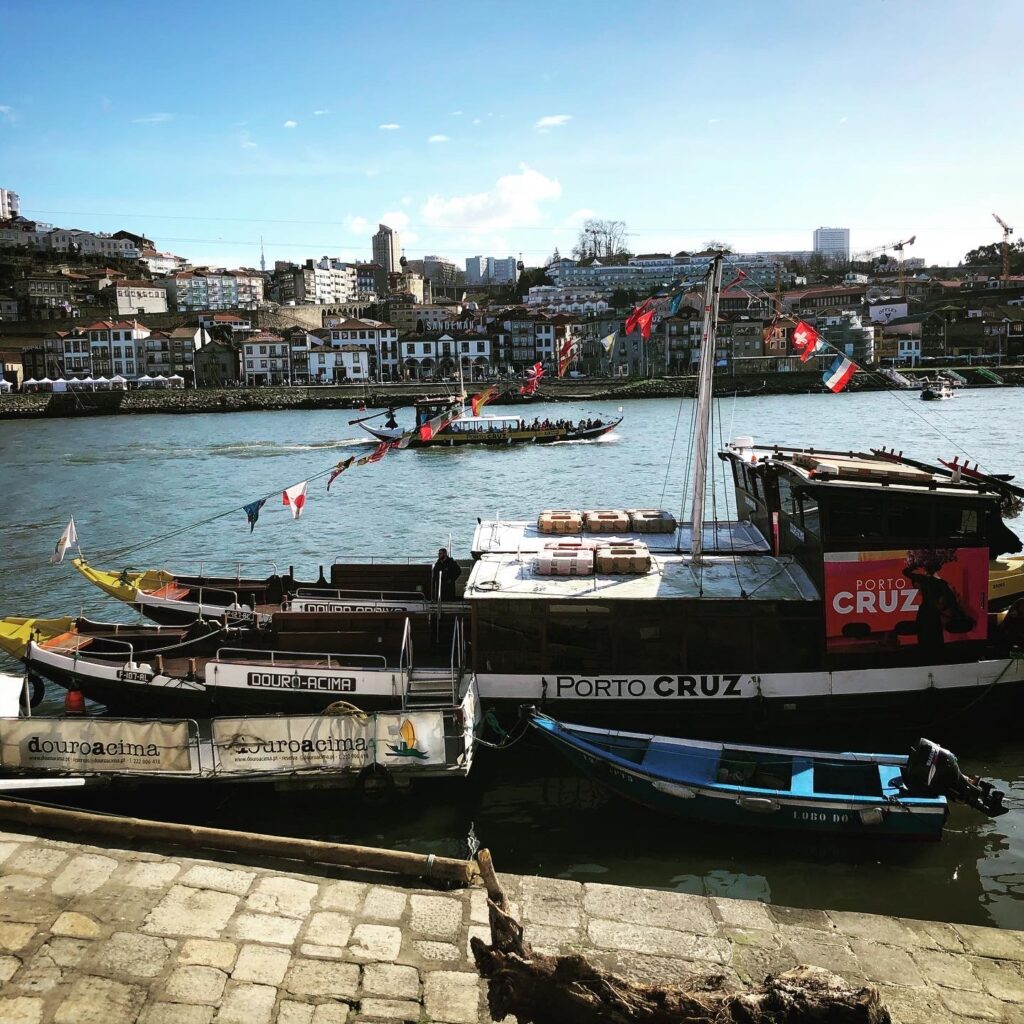
- I’m in no position to go on a two-week vacation right now because of work commitments, but what if I worked part-time from Portugal? My official contract is for 7 hours a day. If I worked two hours in the morning and 90 minutes at night, that would still leave me plenty of time for touring.
- In my ACE (and now the additional Regional Brand role), I sometimes spend more than 20 hours a week driving to and from meetings. What if I didn’t drive for two weeks?? I’d potentially have more “desk time” in Portugal than I have in the Capital Region!
- The price was right – plus, my Airbnbs were all booked and my flight was paid for, so I’d lose over $800 if I canceled this trip. Off-season prices in Portugal are fantastic – wonderful apartments in perfect locations for less than $30 per night. I could swing that.
So, should I stay or should I go?
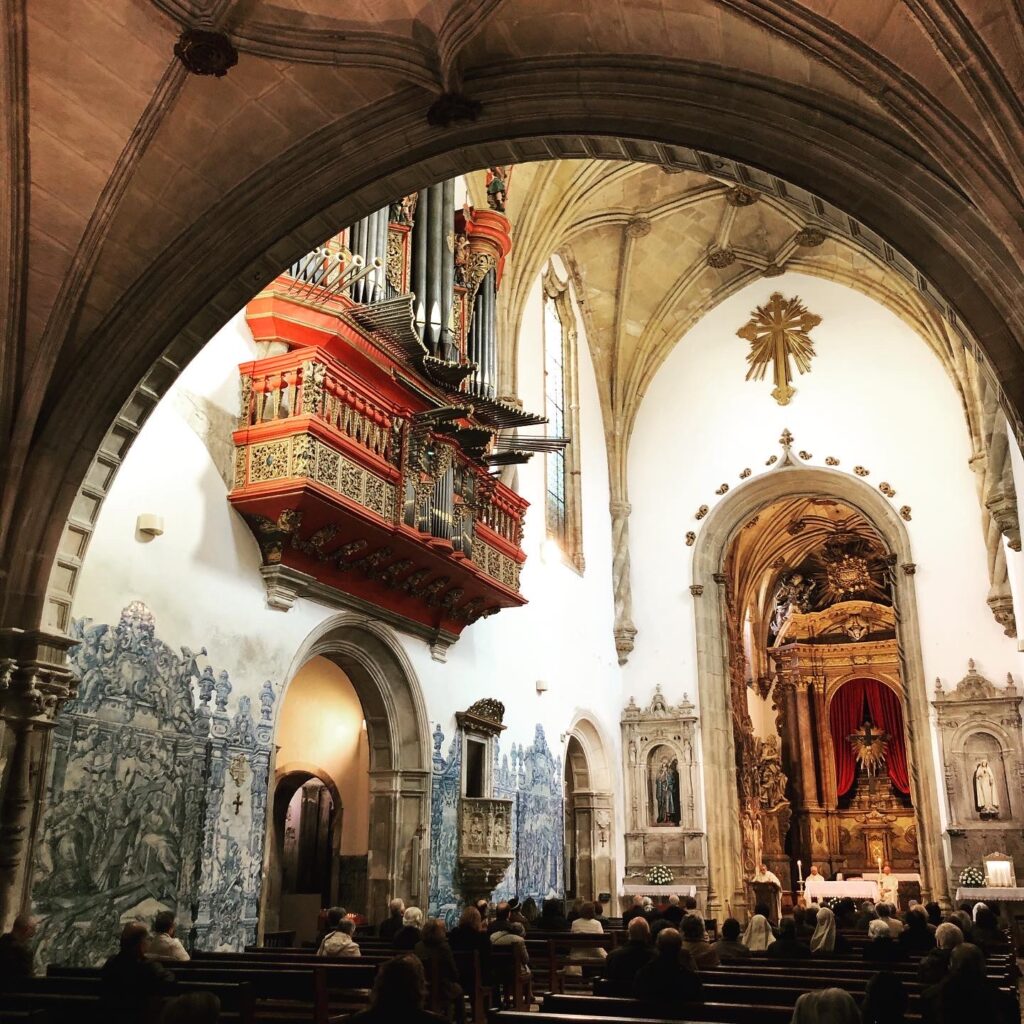
The answer is, I decided to go. I’d freelance, on a part-time schedule for two weeks, from Portugal. Crazy? For sure. But, why not give it a try.
I started my trip in Lisbon on a Sunday, after a super-easy, five-and-a-half-hour flight from JFK. It took less than five minutes to know that my month of studying Portuguese had not done much good at all, because they speak way too fast, and it’s a notoriously difficult language to begin with. It all worked, though. I got a $15 Uber to my apartment, and within an hour of landing, I jumped onto email, just to make sure I was set. Everything worked. I spent the day walking up the ridiculously hilly streets, and took an “Airbnb Experience” tour, where local people show you their city. It’s much more personal than a corporate tour. I’ve become quite enamored of them.
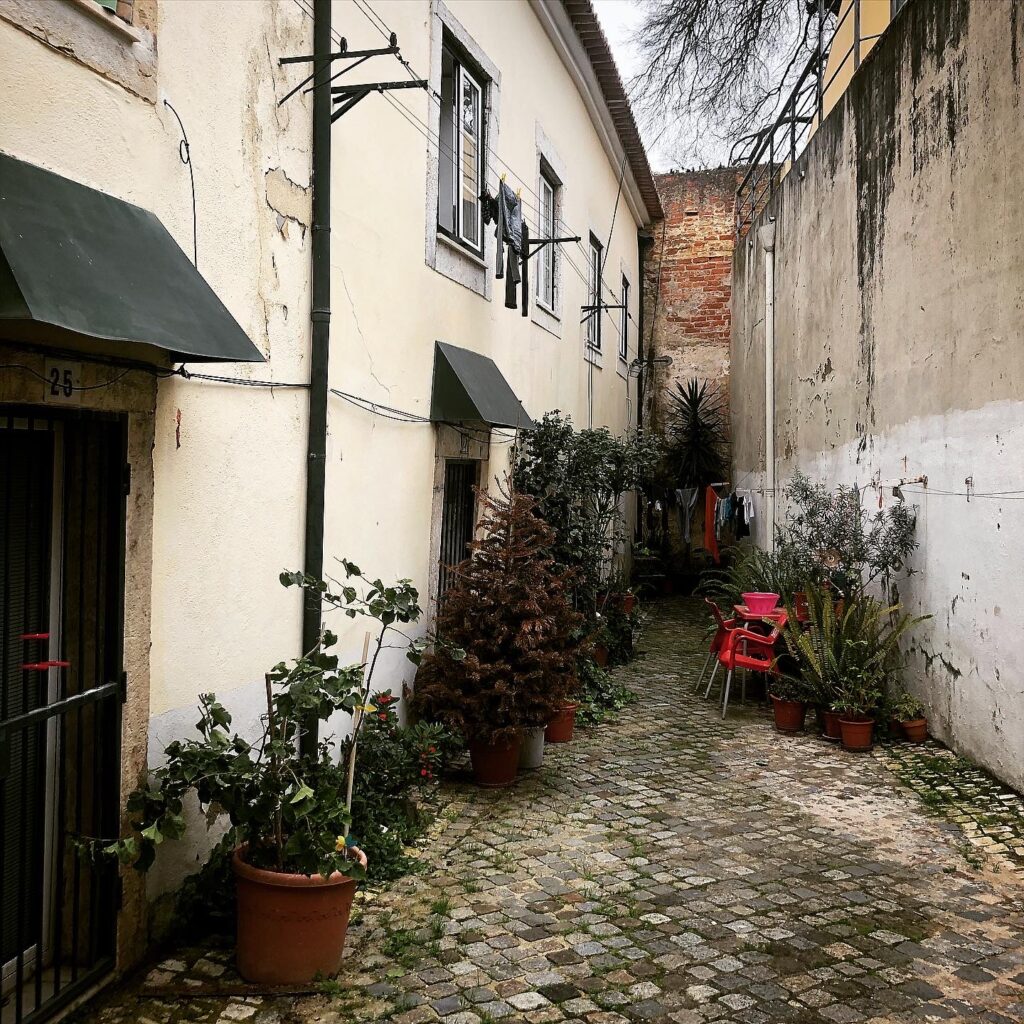
Monday was the moment of truth – would I be able to work? I woke at 8 a.m. and worked for two hours as planned, making cappuccino in my lovely apartment. By the time I finished my “shift”, it was 10 a.m. in Lisbon, and 5 a.m. in New York. I headed out for an amazing day, then came back after supper and worked 90 minutes til 9 p.m. By the time I finished, it was 4 p.m. in New York. I’d spent about the same amount of time working as I do on a normal work day, if I’d had two meetings that were 30 minutes from my home.

While working and doing email, I rarely mentioned that I was in Portugal unless it was pertinent to the conversation – it actually didn’t matter where I was. I scheduled phone calls at mutually convenient times, and used WhatsApp when it was someone who knew I was away.
I’m on Day 11 of my working vacation. The usual things go “wrong” and need to be worked out, same as any other work week, AND I’m in my fourth Portuguese city — it’s in the south, called Evora. I’ve also been to Lisbon, Coimbra, and Porto. All have been wonderful.
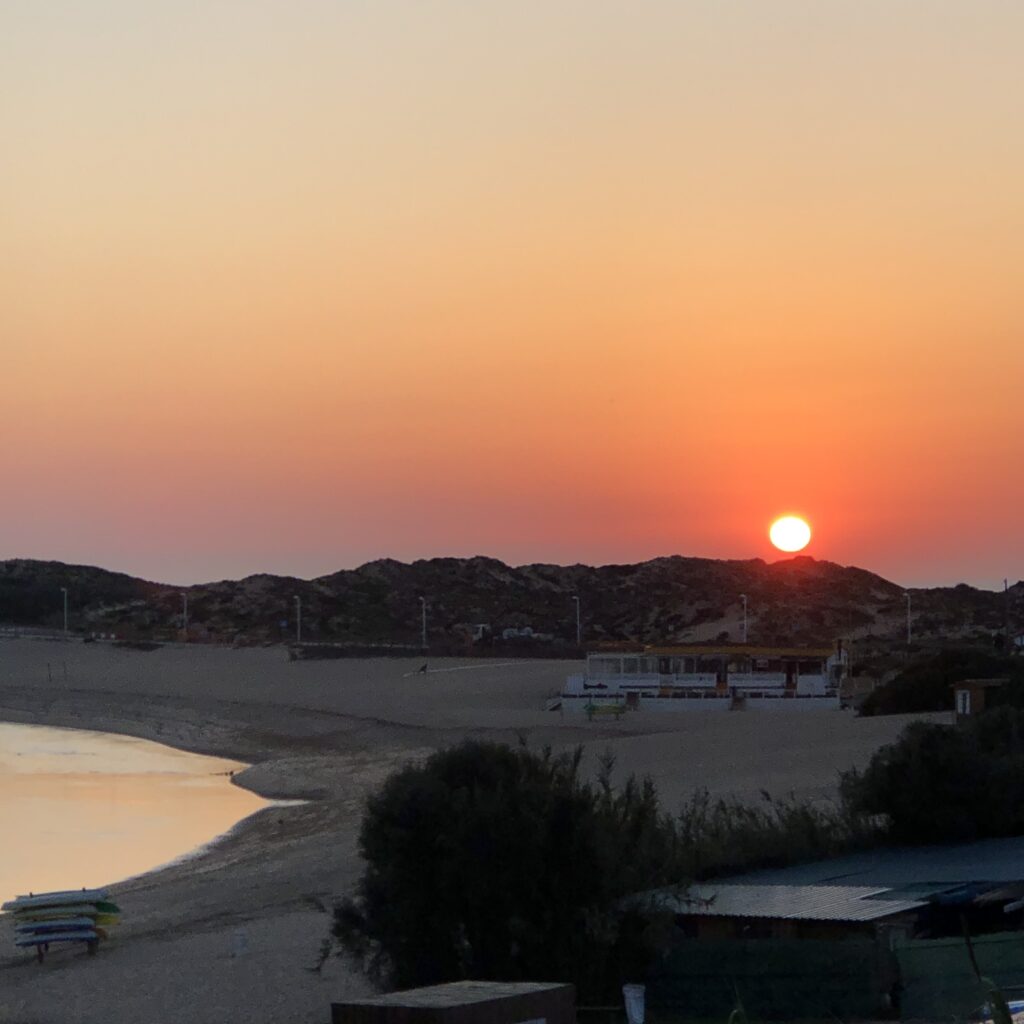
Like I said, I did not plan this as a working vacation, or my first big solo trip. Life just happened that way. It’s been a life-changing experience. I feel brave and competent and bad-ass, because there have been some damn challenging moments – like driving the wrong way down ridiculously narrow, cobbled streets — that totally worked out.
This working vacation NEVER would have happened if I’d not become a freelancer. I wouldn’t have had the imagination and gumption for it. It’s been fifteen years since my last traditional job. Fifteen years without health insurance, paid vacation, or 401K. And it’s been the best fifteen years of my working life, AND my personal life. Here’s to Freelancer February! Freelance forever. That’s my goal and motto.
I’m very happy to share travel tips on Portugal – it’s been absolutely gorgeous, stunning and affordable! Hit me up, and share your travel stories with us! maureen@upstatecreative.org